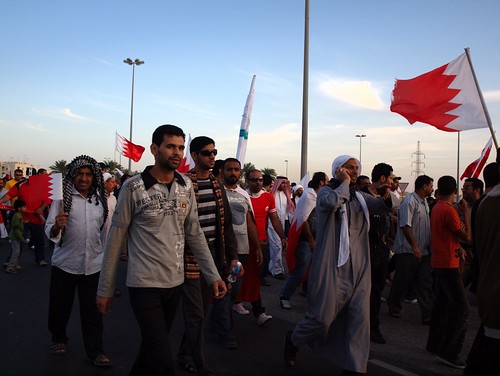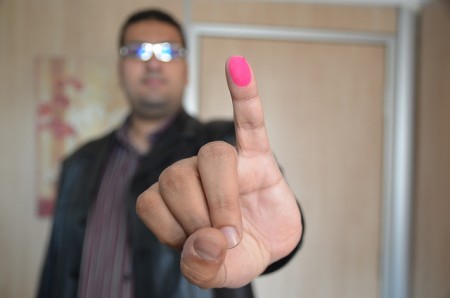
Since independence, relations between citizens and their states in the Gulf have been shaped in part by the oil and gas wealth that these countries enjoy. Control over oil and gas revenues allows the governments to offer extensive benefits to citizens, while hardly needing to extract any taxes. This system, often described as a rentier state, means that while the state is absolved from the usual need to obtain income from its citizens, they in turn have less of a stake in demanding transparency, accountability and so on, or so the argument goes. Meanwhile, others in the Gulf see their state benefits as evidence of the magnanimity of paternalistic rulers.
The arguments between those who see dissidents as mere ingrates, and those who see conservatives as regime stooges, have been growing more polarized. The resulting political tensions are visible above all in Bahrain, where renewed protests are being met with an intensive crackdown today; and in the UAE, over the recent sentencing of opposition activists, and to some extent also in Kuwait. But either way, the fact remains that this economic model is not sustainable in the long term.

